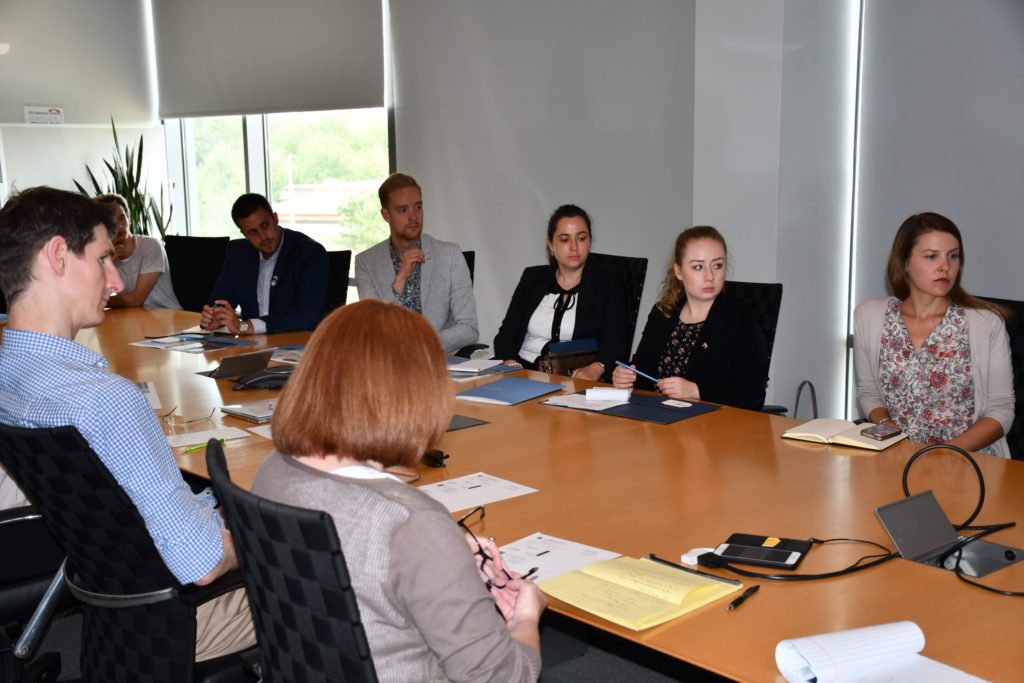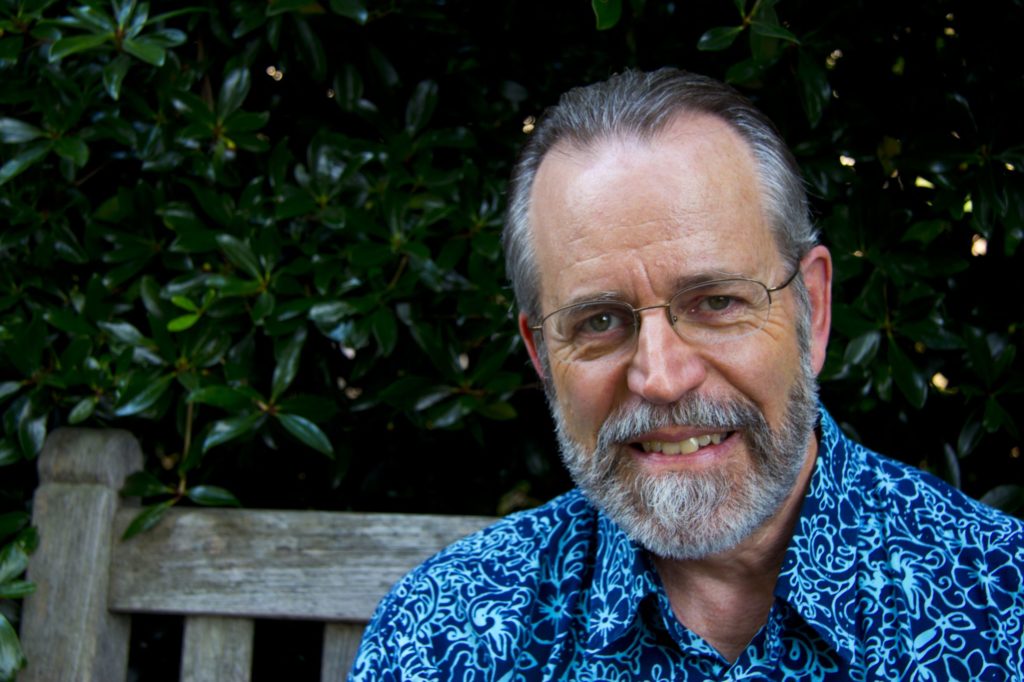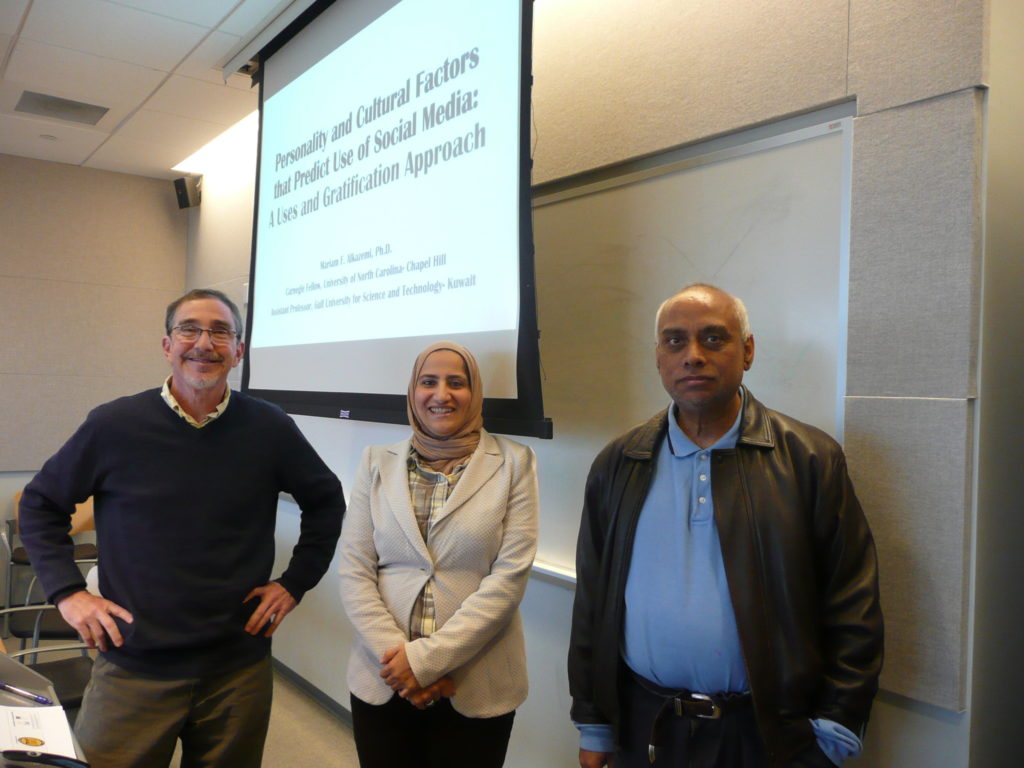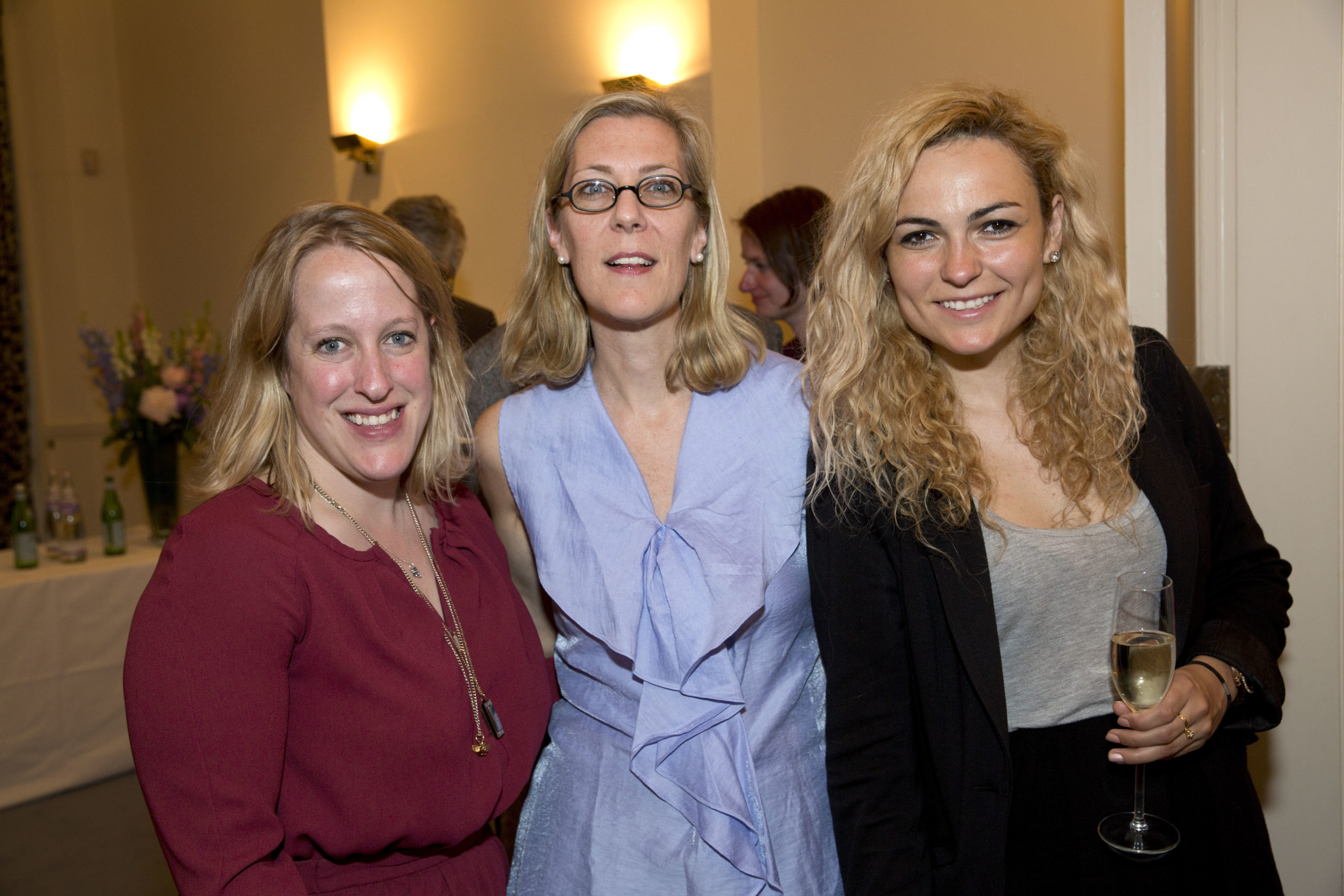
The TransAtlantic Masters (TAM) Program at the University of North Carolina marks its 15th anniversary this year. This milestone also coincides with the five-year anniversary of the TAM II program, which has expanded the international education offerings.
TAM trains graduate students pursuing international careers in administration, diplomacy, business, policy-making, consulting, teaching, and research. Offered by way of partnerships between world-renowned universities in the United States and Europe, TAM is a unique and intensive degree program. TAM students pursue graduate study on both sides of the Atlantic while earning a master’s degree.
The program, which has approximately 250 alumni worldwide, was established in 1998 through the efforts of Gary Marks, former director and one of the founders of the Center for European Studies, which is also a European Union Center of Excellence. The late Ruth Mitchell Pitts, long time executive director of the Center, played a crucial role in TAM’s development as well.
Sarah Hutchison, TAM associate director in the Center for European Studies at UNC, says that one of the high points of the program over the years has been watching alumni build vibrant global careers and volunteer commitments. “About one quarter of them are in federal government, one quarter are working for NGOs and think tanks in D.C. and Brussels, one quarter are in private industry, and the rest have either gone on to higher degrees or university administrative positions,” says Hutchison.
Each TAM cohort consists of approximately 20 students who maintain close ties with the University and TAM program upon graduation and provide feedback from their professional perspectives, serve as resources and enrich the alumni network. Alumni participate in a spring panel at the University of North Carolina at Chapel Hill for prospective and current students as well as a fall reception that takes place during the annual class tour of work sites in Washington, D.C.
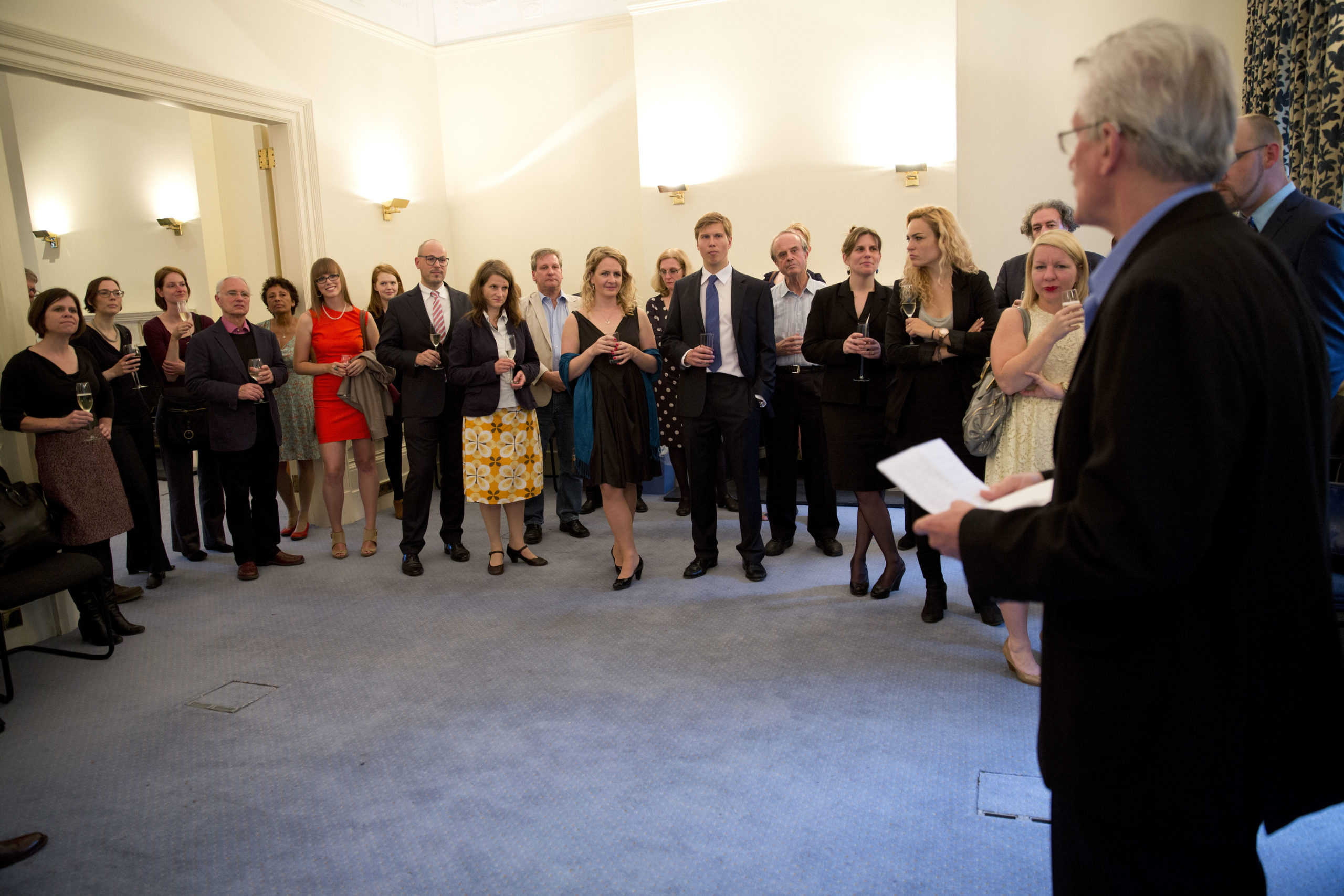
The alumni connections are crucial for a program that attracts diverse and motivated students.
“Our students have wide-ranging professional skills and interests and rarely compete for the same job,” says Hutchison. “This has helped foster a cooperative learning environment.”
In addition to the success of alumni, Hutchison says that the collaborative work with overseas partners is one of the most inspiring achievements of the program. Partner universities include University of Bath; Charles University, Prague; Humboldt-Universität zu Berlin; Freie Universität Berlin; Sciences Po, Paris; University of Siena; VU University, Amsterdam; Universitat Pompeu Fabra, Barcelona; and the University of Bremen.
While the majority of students are from the United States, alumni and current students include citizens of countries in the Americas, Europe and beyond.
The TAM program hosted a multinational celebration in London in June to commemorate its anniversaries. The event was held at Winston House, a hub for UNC programs and activities across Europe.
Hutchison and her colleagues may be taking note of these milestones, but they are not taking a break from growing the program. Future steps include offering students in the TAM II program the chance to get a dual degree from university partners in Amsterdam, Barcelona or Bremen; building a program with a German-Turkish focus through a university in Ankara, Middle East Technical University, and Humboldt University in Berlin; and creating an alumni advisory board that will meet annually to provide input from their areas of expertise as well as mentor students in professional matters.

